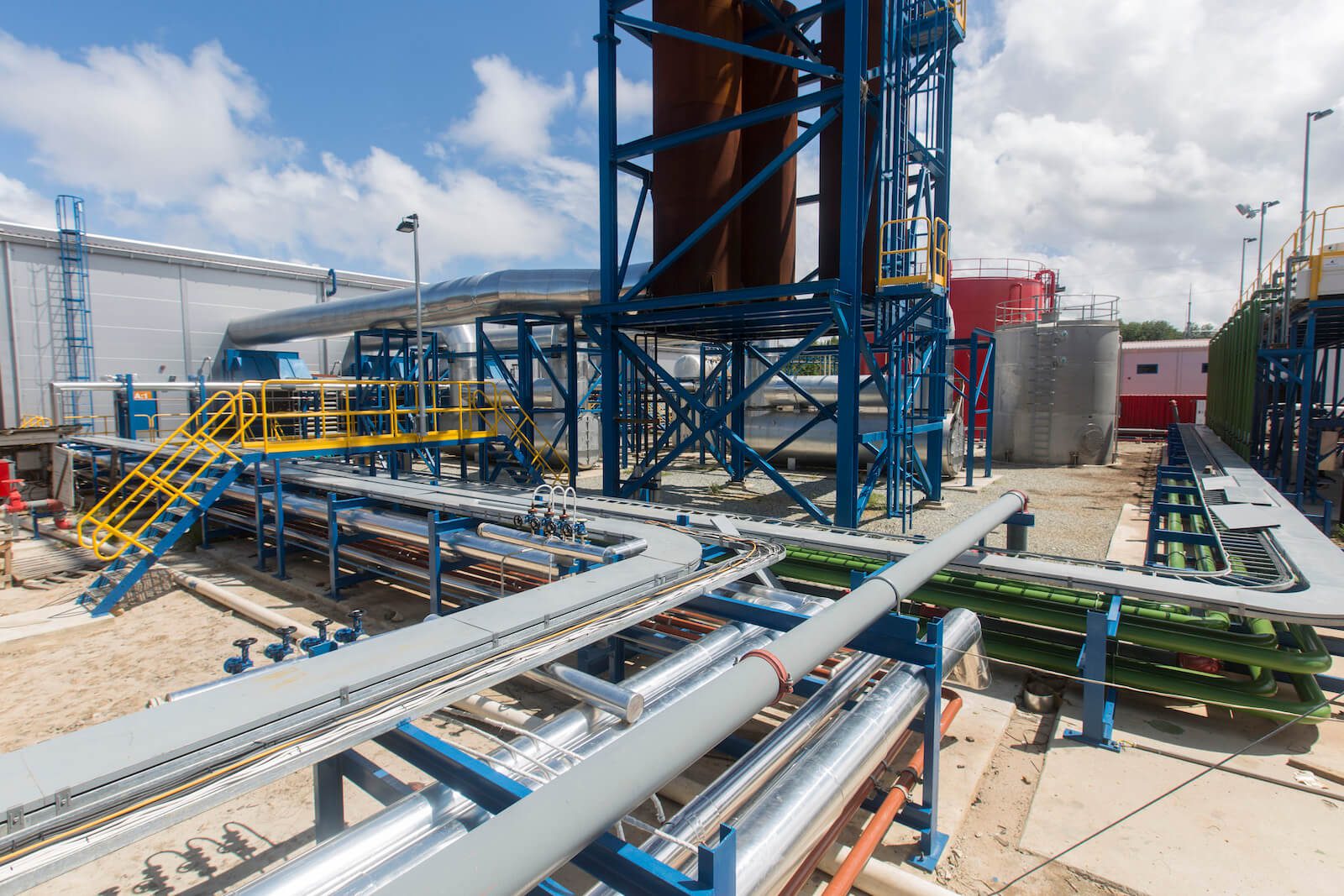Guyana’s Natural Resource Fund may receive a windfall from the current record high oil prices, but the rising prices are beginning to affect the country’s pockets in other ways.
Guyana Power & Light Inc. (GPL), the country’s electricity provider, shared its woes to users on Monday night, pleading with them to conserve electricity, after observing the rate at which the very high price of crude, hence fuel, is mowing through its budget. It attributed the problem to the fallout from the Russian invasion of Ukraine.
Both Brent and WTI crude topped US$130 a barrel last Sunday, the highest prices seen since 2008, as the fighting escalates in Eastern Europe.
“As we witness these developments from a safe distance, the effects have already reached our shores and by extension, the Company,” GPL said.
With an abundance of oil-fired power plants, Guyana’s electricity is sourced almost entirely from heavy fuel oil.
“GPL’s landed cost for fuel today is approximately US$140 per barrel and has quadrupled from 2016 when the fuel price was approximately US$30 per barrel… GPL currently utilizes approximately 3,700 barrels of fuel daily for electricity generation to meet the daily demand, at the cost of approximately [GY]$111.5 million.”
It said its monthly operating expenses have now moved to approximately GY$4.5 billion against monthly electricity sales of approximately GY$3 billion.
“This means that GPL has to utilize every dollar it collects to meet its operating expenditure,” the utility said. It added that the current financially challenging position it finds itself in cannot be sustained, even as international indicators point to further price increases.
GPL urged customers to conserve to help lower its expenses, arguing that every kilowatt-hour of electricity not generated would reduce the company’s fuel costs and, by extension, its overall operating costs.
Even under normal circumstances, Guyana has a high cost of power relative to the region. While it would typically pay US$0.30 per kWh, its counterparts such as Trinidad & Tobago pay half of that.
Previous attempts to bring on a largescale cost-saving renewable energy source, the Amaila Falls project, got caught up in political disagreements and ended up stalled.
The current government has resumed talks on Amaila and is moving forward with the Gas-to-Energy project which would utilise natural gas piped from the Exxon-controlled Stabroek block. While both mega-projects appear, at face value, to be viable cost-saving measures, their commissioning dates are still years away.



